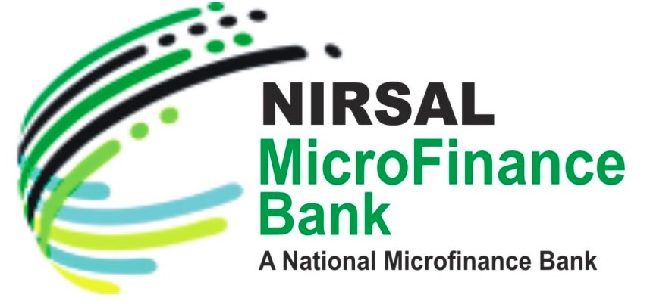THE Small and Medium scale Enterprises (SME) and household creditworthiness remains a critical pain point for the Nigerian banking industry, analysts at United Capital Research have said.
The analysts said this in view of the difficulties being encountered by the management of Nigeria Incentive-Based Risk Sharing System for Agricultural Lending (NIRSAL) Microfinance Bank as they try to recover N50.0 billion obtained by several entrepreneurs and households across the nation during the COVID-19 pandemic.
Unsurprisingly, the analysts suggest that many individuals view such intervention funds as “free money” with no obligation to pay back.
Last week, the management of NIRSAL Microfinance Bank, through its official social media handles called for the repayment of the disbursed Central Bank of Nigeria’s (CBN) Targeted Credit Facility (TCF) COVID-19 loans worth N50.0 billion. This follows the rising cases of failure of CBN’s intervention beneficiaries to repay the loans received under various schemes.
Following the outbreak of COVID-19 in Nigeria in March, 2020, wreaking havoc to households, business and economic activities in general, the CBN introduced the N50.0 billion targeted credit facility as part of its stimulus package to help mitigate the impact of the pandemic on the economy, and to support households, micro, small and medium enterprises (MSMEs) that were affected by the pandemic.
The loans were disbursed by the CBN through NIRSAL Microfinance Bank, with the facility receiving over 80,000 applications.
In structuring the facility, it was expected to run for a maximum of three years and repayment would be made on an installment basis with interest rates varying between 5.0 per cent and 9.0 per cent depending on the loan purpose.
Also, in a bid to avoid some of the ills of previous intervention facilities, beneficiaries were required to post collateral with other strict terms aimed at ensuring repayment.
“In our view, while we expect these loans may be recouped via collaterals posted, we retain reservations towards existing structures of monetary interventions.
“Thus, we believe the CBN may need to focus efforts on targeting more organised and formal borrowers with its intervention schemes.
“That said, we retain the view that the Nigerian economy needs more than monetary interventions to return back to years of accelerated growth rates,” the United Capital analysts stated.
ALSO READ FROM NIGERIAN TRIBUNE
- Suspense As APC, PDP Governors Meet In Lagos
- I Had Sex With Sofiat Before We Cut Off Her Head, Removed Flesh From Her Thigh For Money Ritual —Lover Boy
- Marburg Virus: What You Need To Know About Disease Recently Detected In West Africa
- FACT CHECK: US Did Not Give Nigeria 48 Hours Ultimatum To Detain Abba Kyari




